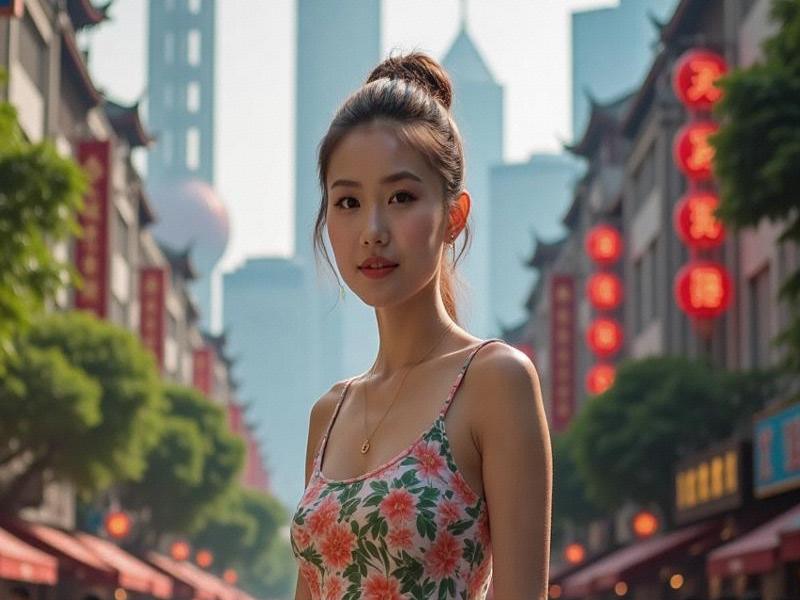This 2,800-word special report investigates Shanghai's thriving high-end club industry, analyzing how these venues serve as social laboratories where Chinese traditions intersect with global business culture.

The flickering neon signs along Shanghai's Huangpu River tell only half the story of the city's vibrant nightlife. Behind unassuming facades in Jing'an and Xuhui districts lie some of Asia's most exclusive entertainment complexes - spaces where million-dollar deals are brokered between karaoke verses and where cultural boundaries dissolve in cocktail glasses.
Industry Landscape 2025
• 4,200 licensed entertainment venues operate citywide
• Nighttime economy contributes 6.2% to Shanghai's GDP
• Average spending in premium clubs reaches ¥1,850/person
• 58% of venues now incorporate hybrid business-entertainment models
Three Evolutionary Stages
1. Traditional KTV Era (1990s-2010)
- Private room dominance
- Focus on vocal entertainment
上海龙凤论坛爱宝贝419 - Business-centered hospitality
2. Fusion Period (2010-2020)
- Western-style lounge integration
- International DJ appearances
- Thematic interior designs
3. Experience Economy (2020-present)
- Immersive multimedia environments
- Cultural performance integration
- Personalized AI-assisted services
上海喝茶服务vx
Current Market Leaders
✓ "Cloud Nine" - 88th floor panoramic club with VR karaoke
✓ "Jade Chamber" - Neo-Shanghai decor with live jazz
✓ "Dragon Pearl" - Business-focused club with translation services
✓ "Haven" - Members-only venue featuring AR art exhibitions
Cultural Observations
◆ "Gifting culture" remains central to premium experiences
◆ Gradual shift from ostentation to subtle sophistication
◆ Rising demand for "cultural authenticity" among expats
上海花千坊龙凤 ◆ Increased female participation in business entertainment
Regulatory Environment
- Strict "red line" policies maintain orderly operations
- Monthly cross-departmental inspections
- Digital monitoring systems track operating hours
- Industry association certification programs
"Shanghai's clubs have become social microcosms," notes cultural anthropologist Dr. Wei Zhang. "They're where traditional guanxi-building adapts to global business practices, creating a unique fusion you won't find in New York or London."
From the jazz-age glamour of the Peace Hotel's Dragon Club to the cyberpunk aesthetics of Pudong's new wave venues, Shanghai's entertainment landscape offers a fascinating window into China's evolving social dynamics. As the city prepares to implement its 2025-2030 Nighttime Economy Development Plan, these establishments continue redefining what modern urban entertainment means in Asia's global city.